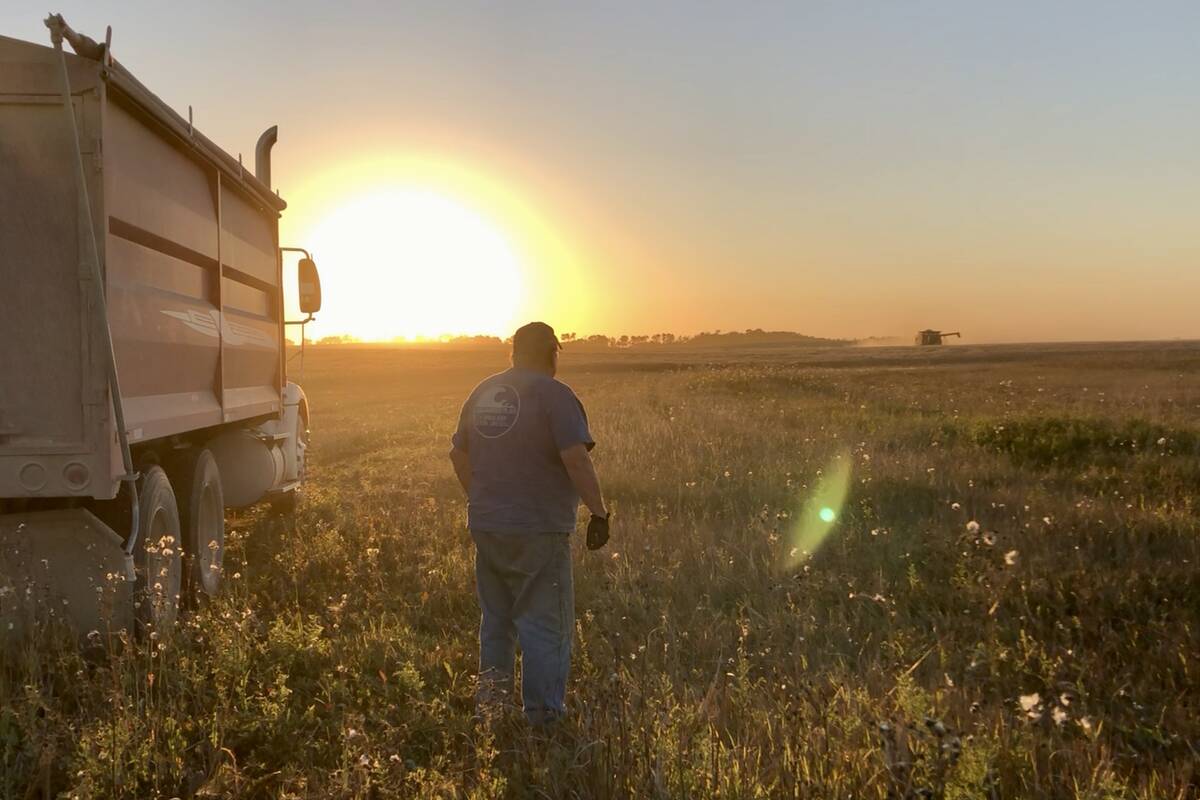Q: What can we do to protect our 15-year-old son from drug abuse?
A: You have every right to be concerned. Drugs are a major issue for young people. I do not have exact figures but I can tell you that we understand that the numbers of kids experimenting with drugs is probably very high. Most kids will experiment a bit with things like marijuana or perhaps even a beer or two and then they will toss them.
They will not kick into any kind of dependency or addiction. But some will and we know from our work with addictions that most heavy-duty addictions, be they alcoholism or drug use, start with those seemingly innocent experiments in early adolescence.
Read Also

VIDEO: Bittersweet harvest for this family farmhand
Bruce Burnett helps his brother harvest wheat and canola for the last time on the family farm in Manitoba where they both grew up.
The progression is simple. They go from the innocence of experimentation, where they were enjoying sporadic use of drugs, to regular use of them so that they could get those “good” feelings more frequently. Then it is into dependency. They not only want to use the drugs, they feel that they have to indulge in them.
Finally, they reach the stage of addiction where drugs are a life line. They cannot live without them.
The fulcrum in the addictions balance throughout this is that fatal first step, the experiment.
Clearly not all kids will move forward from experimentation to regular use and not all kids will end up with an addiction. The problem is we do not know which kids will become addicted and which will not. It is best to be careful with all of them and not fool yourself that one or the other kids is more susceptible to drugs.
In all likelihood, the foray into drugs is drawn from two parts of the adolescent brain: one part that deals extensively with emotion and the other that is more rational or cognitive. When kids are experimenting with drugs they are most often responding to the emotional side of their brain. The experiment is fun, very often exciting, sometimes or most often impulsive and even a little daring. But it does not take long for the experiment to wear thin and at that point in time most young people will recognize and appreciate the hazards of intoxication of any sort and put some controls on either or both the beer they drink or the marijuana they ingest.
As a parent your goal is to encourage your son to follow the rational use of drugs to offset the temptation to impulsiveness and emotional deregulation.
You need to talk to your son. He, of course, will not want to talk about any of this but hang in there and give it a go more than once.
The more that you can get him to talk and think about his use of drugs, and remember I am including alcohol here, the more likely you will be supporting him in a more rational use of them, and if he is experimenting, he just might stop doing so more quickly.
Jacklin Andrews is a family counsellor from Saskatchewan. Contact: jandrews@producer.com.

















